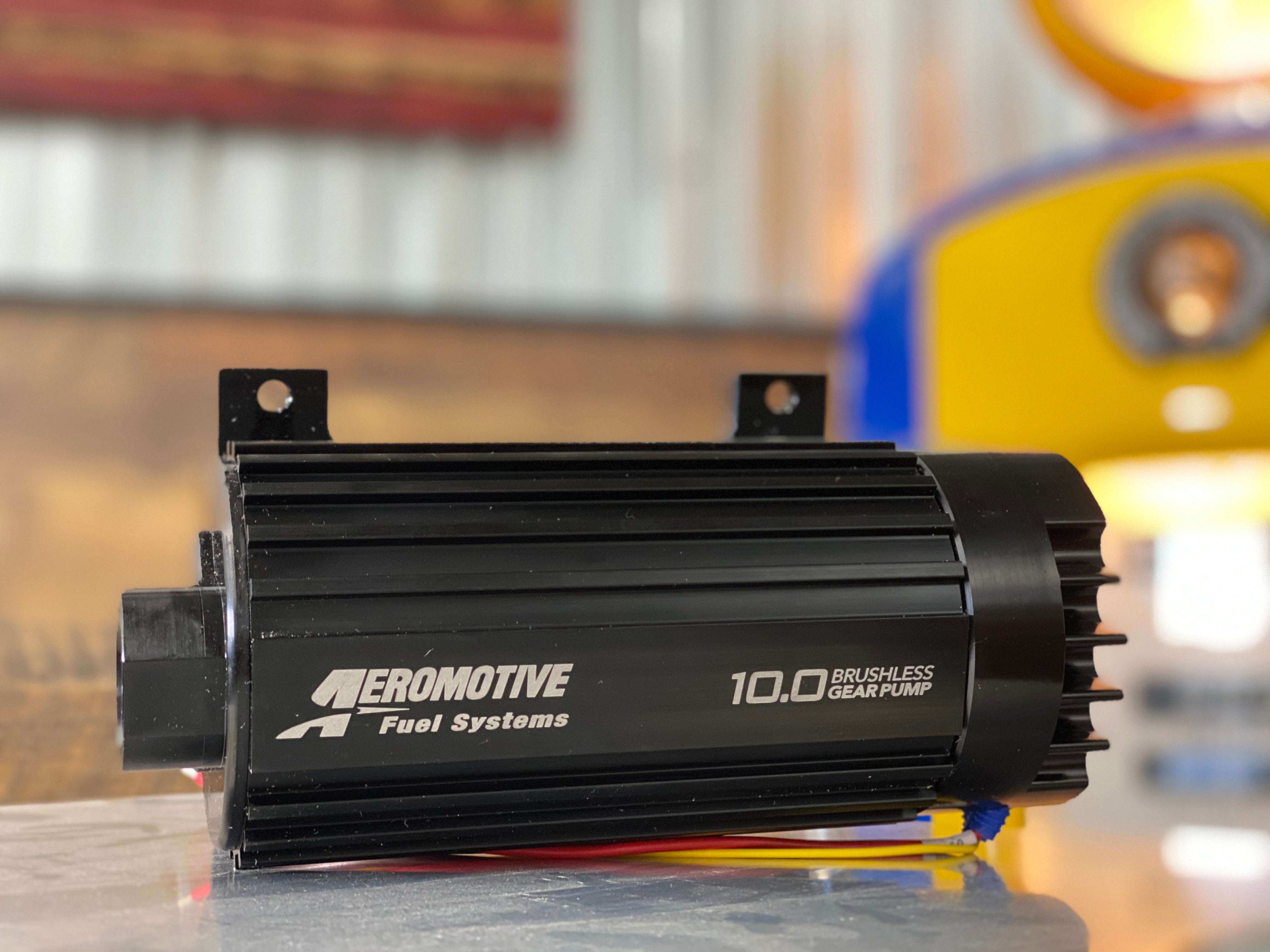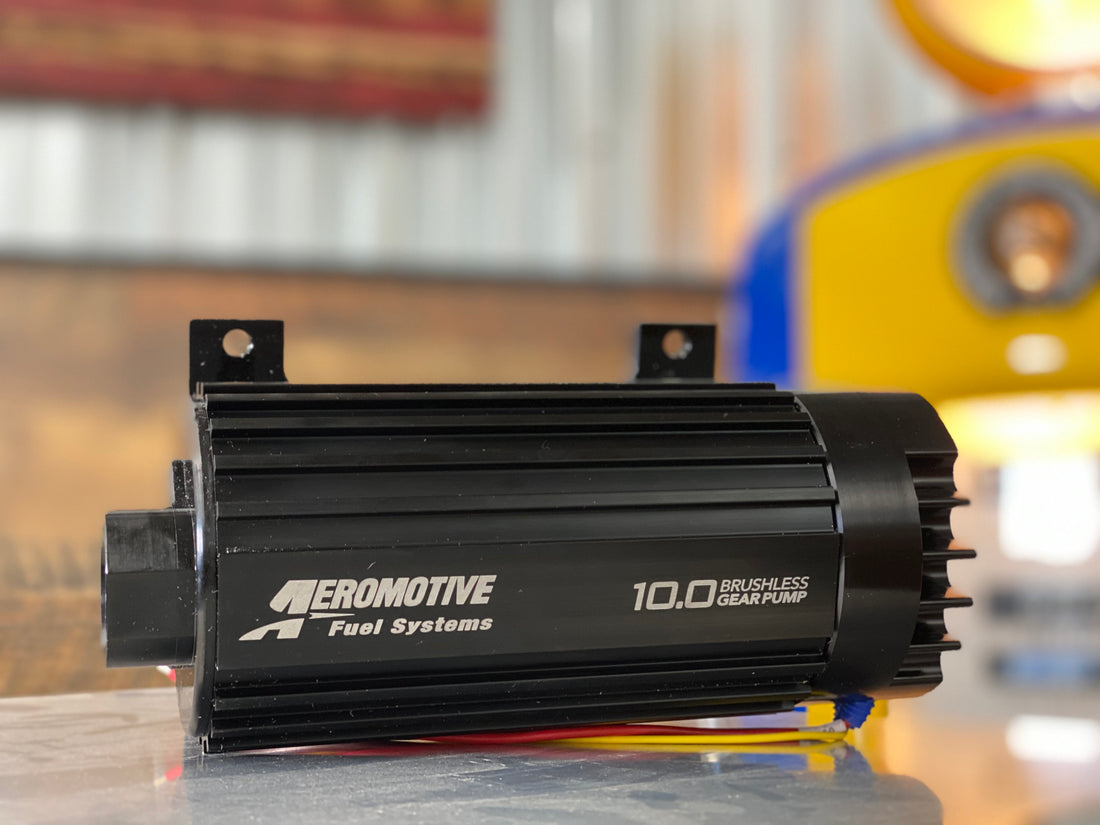Imagine you’re driving down the road, enjoying your favorite playlist, when suddenly, an irritating noise disrupts the harmony. It’s your fuel pump, and it sounds like it’s auditioning for a role in a horror film.
You’ve probably wondered if there’s a way to silence this noisy intruder without diving into a mechanic’s workshop. The good news is, you’re not alone, and yes, there are solutions. You’re about to uncover practical tips and tricks that will help you quiet your fuel pump effectively.
These aren’t just theoretical ideas; they’re actionable steps designed to bring peace back to your driving experience. Whether you’re a seasoned car enthusiast or someone who just wants a quieter ride, this guide is for you. Get ready to take control of your driving comfort and finally enjoy the serenity of the road. Keep reading, because the answers you seek are right here.
Identifying Fuel Pump Noise
Noise from the fuel pump can be annoying. You may hear a whining soundfrom the back of your car. The car might struggle to start. Fuel efficiency can drop. Sometimes, the engine stalls. It’s important to notice these signs early.
There are many reasons for a noisy fuel pump. One common cause is a clogged fuel filter. This makes the pump work harder. Another reason is low fuel levels. The pump can make sounds when fuel is low. A worn-out pumpmay also create noise. It’s essential to check these factors.

Credit: motionraceworks.com
Basic Troubleshooting Steps
Low fuel can make the pump noisy. Always check the fuel gauge. Ensure it shows enough fuel. Sometimes, a faulty gauge can mislead. Inspect the tank manually if unsure. A little extra fuel can help quiet the pump. Keep your tank at least half full. It helps maintain pressure. Helps reduce noise.
Fuel lines can get clogged or damaged. Check for any leaks or blockages. Look for worn-out hoses. Replace if necessary. Damaged lines can cause air bubbles. Air bubbles increase pump noise. Ensure lines are secure. Tighten loose connections. Properly aligned lines work best. Reducing noise effectively.
Using Noise Dampening Techniques
Rubber insulators are great for reducing noise. They absorb vibrations and sounds. Place them between the pump and its mount. This softens the noise. Rubber insulators are easy to install. No special tools needed. They are cost-effective too. A simple solution for a quieter ride.
Sound deadening mats help reduce pump noise. They work by absorbing sound waves. Stick them around the pump area. They are made of thick materials. These mats are durable and long-lasting. Easy to apply and remove. A practical way to reduce noise. Enjoy a peaceful drive with sound mats.

Credit: www.youtube.com
Maintaining Fuel Pump Health
A clean filter helps the fuel pump work quietly. Dirty filters make the pump work harder. This causes noise. Change the filter every 12,000 miles. Check the car’s manual for the exact number. Filters keep dirt out of the pump. This makes it last longer. Save money by avoiding big repairs.
The fuel pump should fit securely. Loose pumps make noise. Follow the installation guide carefully. Tighten all screws and bolts. This prevents vibrations. Vibrations cause noise. Check for leaks after installing. Leaks can damage the pump. A well-installed pump is quiet and efficient.
Seeking Professional Assistance
Fuel pumpscan be tricky. They sometimes make loud noises. It’s smart to consult a mechanic. Mechanics know fuel systemswell. They can find hidden issues quickly. This saves you time and trouble.
Professional help is important. Mechanics have special tools. These tools help them check fuel pumps deeply. They can spot problems that you might miss. Mechanics can also check other car parts. This makes sure your car runs smoothly.
Benefits Of Professional Diagnosis
A mechanic’s diagnosis is very accurate. They use advanced machinesto find problems. This helps in fixing the fuel pump correctly. A good mechanic saves you money. They prevent extra costsfrom wrong repairs.
Mechanics give advice on car care. Their tips help your car last longer. They explain things clearly. This makes it easy for everyone to understand. Trust in a mechanic keeps your car safe.

Credit: motionraceworks.com
Conclusion
Fixing a noisy fuel pump can be simple. First, check for loose connections. Tighten them if needed. Regular maintenance helps prevent noise. Replacing worn parts might solve the issue. Use quality fuel to reduce pump stress. Cleaning filters can improve performance.
Consider professional help for complex problems. Protect your fuel pump with proper care. Enjoy a quieter ride with these tips. Remember, a healthy pump means a smoother drive. Keep your vehicle in top shape. Happy driving!
